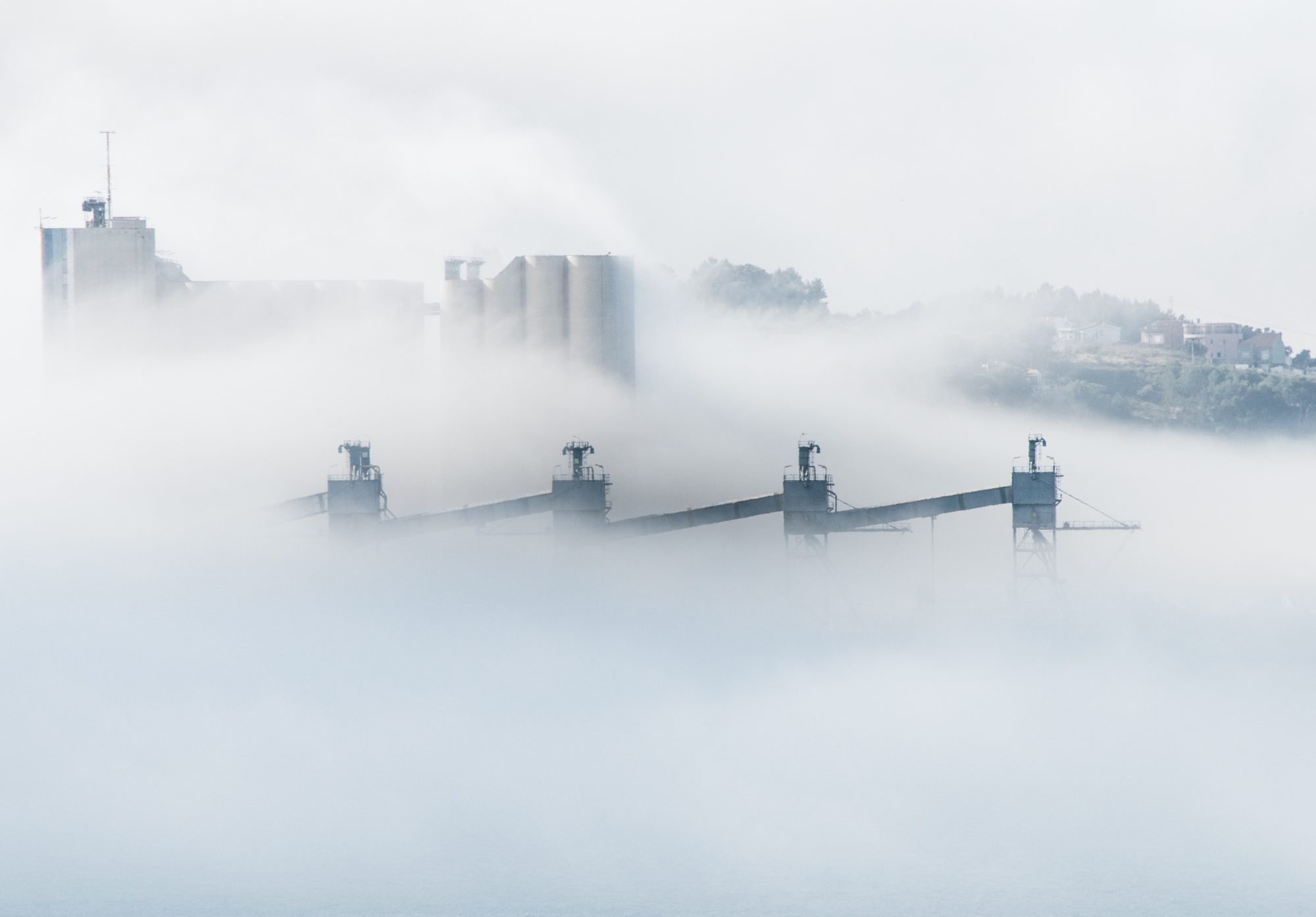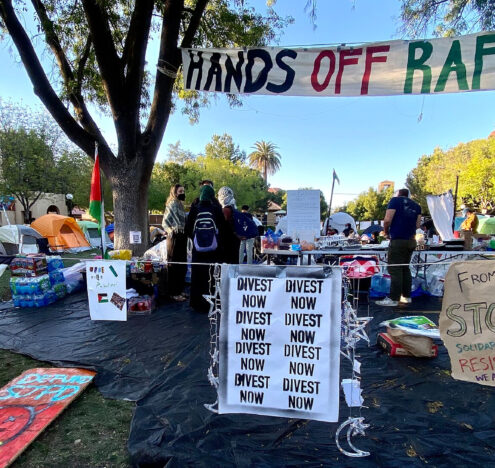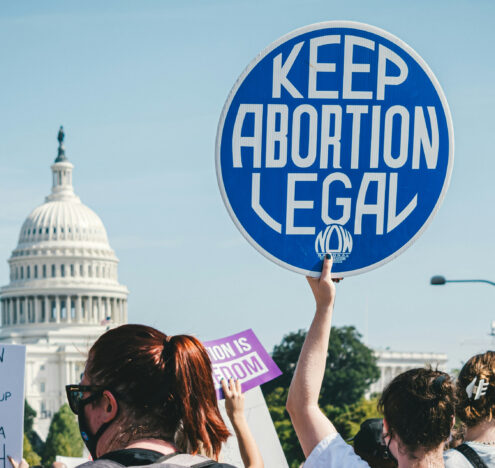Climate change is having a direct and real impact on the United States as well as the world. The national security community long ago identified climate change as an ongoing security threat. For decades, plans of action were established to address it, but the issue is still approached from a partisan perspective, rather than with the heft of a danger with lasting consequences. However, if a generation’s worth of national security experts and leaders have deemed it a hazard, then it should follow that the President of the United States has an affirmative duty under the constitution to protect against it. The following rationale, taken from my essay for the UC Hastings Constitutional Law Quarterly, “The President’s Constitutional Responsibility to Confront Climate Change and Invest in Renewable Energy for National Security,” explores this idea, and I believe the evidence firmly supports this notion.
The president acts as the country’s chief executive as well as the Commander in Chief of the armed forces. These roles create a very specific constitutional responsibility to protect the country domestically as well as protect its interests and support its allies overseas. If climate change is a threat to national security, then the President has a clear responsibility to take measures to reduce and eliminate that threat. If the President does not take action, it is the responsibility of Congress to hold the executive accountable and force action.
First, the national security apparatus of this country has long held the view that climate change and the security of the climate is a threat to military operations and national security. It follows, then, that the president, from a legal and nonpartisan position, has an established constitutional duty to ensure that policies are in place and laws are followed in combatting climate change and ensuring American climate security. The president has a constitutional obligation to Congress see that any law regarding climate change is properly enforced within the range of his or her power.
Second, Congress has the constitutional duty of oversight to ensure that the president upholds his or her lawful duties. Through the Necessary and Proper Clause, Congress has the sole power to make laws. Through a variety of constitution powers inherent in several areas – Tax and Spending Clause, the Appropriation Clause, and the Supremacy Clause – Congress has not only the power but the responsibility to oversee the execution of the law. Furthermore, Congress is required to ensure the president adheres to the terms provided by any officially signed and ratified treaty that has been implemented domestically into federal legislation. There may be a colorable argument that signed treaties require the president to continue to act in good faith by doing all he or she can to have the Senate pass a resolution to ratify them and have Congress pass implementing legislation. Failure to do so violates the spirit of the president’s authority, the spirit of the treaty, and is likely to hurt American foreign relations and the country’s prominence in the international community. All factors affect the nation’s interests abroad, as relationships are key to economic interests in other countries as well as the assets necessary to achieve future outcomes.
Finally, the president has a responsibility to protect and uphold the economic stability of America’s future. As the chief executive, the president has a responsibility to the people in their representation and governance of civic administration. A factor of each is the continued financial growth and prosperity of the economy. Additionally, economic stability is viewed by the national security community as an issue that can affect the readiness of forces and their ability to properly protect American interests domestically and abroad. Though the president does not hold a direct responsibility for the economy’s success or failure, he or she holds an inherent responsibility to act in the best interest of the American people, which includes economic interests. Therefore, protecting and securing economic stability through policy and law enforcement would fall within the executive’s purview. Investment in renewable alternative energy systems and climate security is paramount to the country’s future prosperity.
Given the challenges climate change places on states and localities, the evidence is clear that climate change and national security are fundamentally intertwined. Further, confronting climate change is imperative for the nation’s economic stability and future prosperity.
We can no longer deny the existence of climate change and its effects on our security, our economy, and our future status within the world. As other major powers continue to protect against this threat while investing in technology to free their nations of the constraints caused by fossil fuels and pollution, the United States will find itself in a position of weakness. Its policies will lag behind that of allies and competitors, and its potential growth will be greatly stunted. These avoidable outcomes will fall squarely on the shoulders of a chief executive if that person were to fail to enact policy to bring about change and provide true climate security.





















